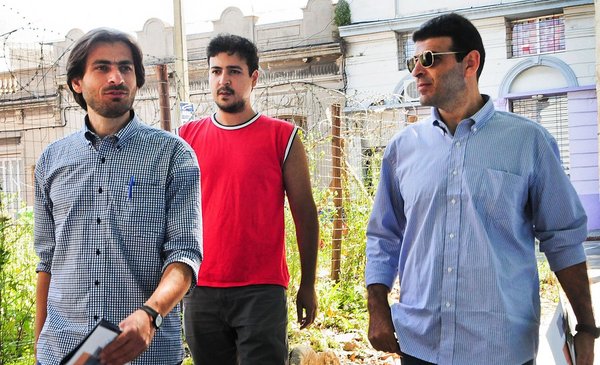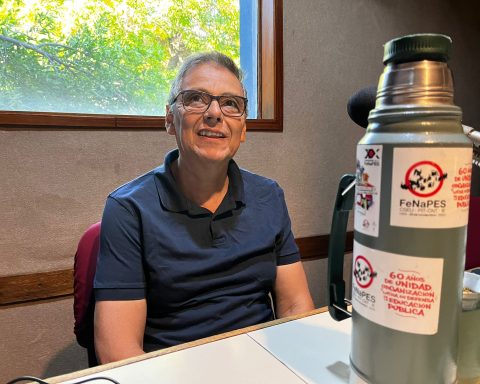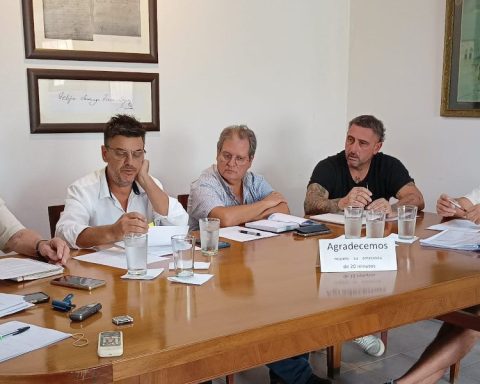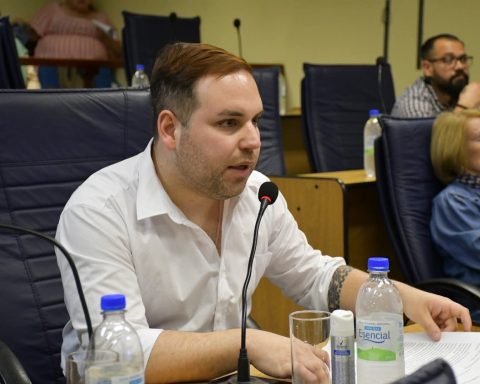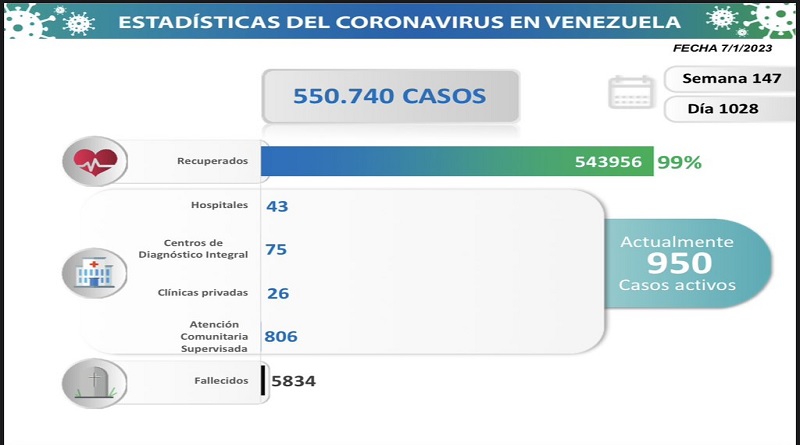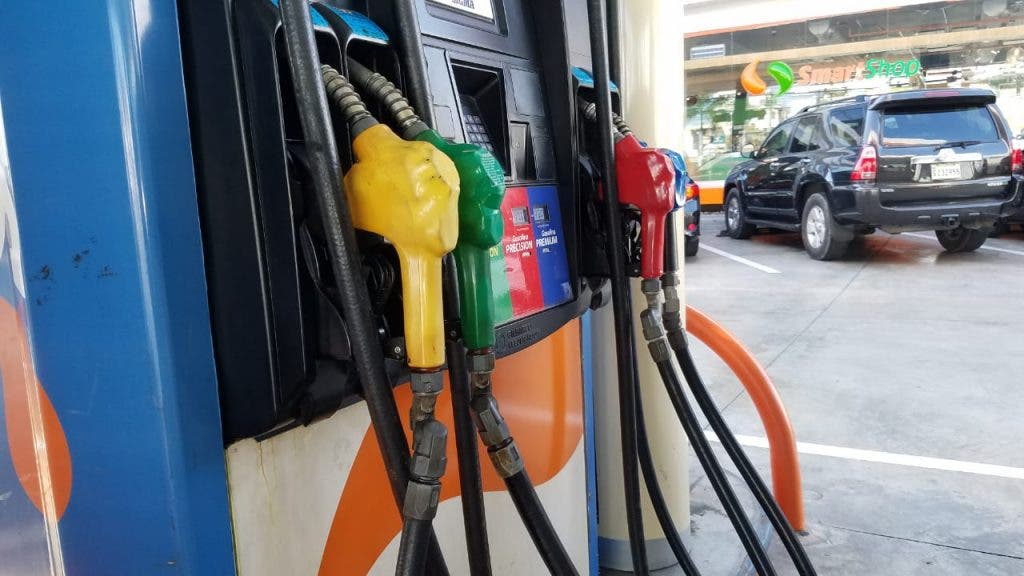In an early morning the first days December 2014 they were taken to a military plane. They wore their characteristic orange uniform. They made most of the trip hooded and in shackles. They took away their safety equipment when they began to fly over Uruguayan airspace. They were already under the protection of the country and this is what the government agent who made the trip with them told them: “Now they are free”, he clarified, while the chains were removed and they could see with their own eyes the mysterious place they were arriving at.
Had passed more than a decade in Guantanamo Prisonaccused without trial by the United States of several crimes of terrorism, and now Uruguay arrived through an agreement that the government of José Mujica had signed with the then president of the United States, Barack Obama, to receive them.
The first months concentrated the public agenda, which followed each of his movements in Montevideo and his first problems.
Eight years later, of the six that arrived in Montevideo, today there are four that remain.
Everyone continues to maintain some kind of contact with Christian Mirza, the sociologist who almost from the beginning acted as his “link” before the Uruguayan authorities. “Every once in a while we see each other,” Mirza tells The Observer and emphasizes that, after all this time, each one in his own way was able to integrate into society. And they are grateful for that.
Otherwise, he points out, they would not have been able to survive, although they have the bittersweet taste of so many vicissitudes they had to go through to get to where they are today, which is still far from a stabilized life.
Mirza’s contact is, above all, with the two ex-refugees who have a slightly more stable economic reality in relative terms. They are Tunisian Adel bin Mohammed el Ouerghi and Syrian Omar Mahmoud Faraj. For a couple of years the two have been partners in Alibaba, a restaurant and eatery located in downtown Montevideo. They offer specialties typical of the Middle East. They arrived there after having carried out other jobs, such as helping to manage a parking lot near the Municipality of Montevideo.
Mirza says that, so long after their arrival, there is something that unites them and that, beyond the personal journey of each one and the fate that has befallen them, none have been able to get rid of the “stigma” of having been a prisoner in Guantántamo.
The “stigma” seems to have been merciless with the Syrian Ali Shaaaban. Holder of an international diploma in foreign trade and fluent in four languages, He lives by teaching English and Arabic at a private school in Montevideo.
Mirza recalls that, a few years ago, Ali appeared before a well-known multinational company installed in a free zone, with great chances of accessing a highly paid job in his specialty. The tests and tests to which he was subjected were perfect. Everything was going well until he had to explain the “ten blank years” on his resume during his stay in Guantanamo. “There they found out who he was, and they didn’t hire him,” He says.
According to Mirza, the one who is in a “horrible, very complicated” situation today is Ahmed Ahman, the first one who had managed to enter the labor market. He was also the one who integrated into the Uruguayan culture the fastest and in a short time he was already speaking fluent Spanish.
After several efforts in August 2018, the Syrian citizen managed to inaugurate Nur Dulces Árabes, a gastronomic venture located in the Montevideo Agricultural Market (MAM). But the pandemic literally killed the project and it never managed to recover.
But still: he was heavily in debt.
Now, the Syrian tries to live by selling his sweets to acquaintances and individuals, and lives in the house of some friends. “I tried to help him, but I didn’t achieve much”, Mirza wailed. Among other actions, he applied to the Canelones Municipality to see if he could channel his project there, but it did not work.
In addition, since 2021 all of them have had to live without the help provided by the State since their arrival and which was mainly aimed at financing a home. The government had threatened several times to cut that aid but had to postpone the decision year after year due to the impossibility of the ex-refugees to subsist on their own.
Access to a stable job was always, says Mirza, their greatest need and the only way they would get out of state assistance. “Everyone always expressed their willingness to work”, remember. But that was never achieved.
And this is where the “stigma” of Guantanamo appears most strongly. “Wherever they go and present a resume, they have a negative added value”, it states. “The ten years that they were imprisoned there continue to mark them in an atrocious way.”
Mirza says he has also made personal representations before various business chambers, “trying to raise awareness” about the situation. Even offering to “get out of warranty” for the rectitude and conduct of the former refugees. She had no results.

those who left
The great mystery remains what happened to the life of Abu Wa’el al Dijab, that until 2018 concentrated the public attention of the group. The last thing that was known about him is that he had been seen near the border between Turkey and Syria, his native country and in which, on the other hand, he had been sentenced to death for dissent.
In July 2018, the Russian agency Sputnik had obtained that Diyab had tried to enter Turkey with a false passport, was arrested, taken to the border and released on Syrian soil.
Since his arrival, Diyab had given clear signs of wanting to leave Uruguay. The first exit attempt was towards Argentina. Then came the turn of Venezuela, also without success. He tried to travel to Russia but was stopped in Sao Paulo for lack of a visa.
Diyab captured the media agenda and the government’s concern when he decided to start a hunger strike to demand reunion with his family, who lived in Turkey.
Mohammed Tahamatan He is the other member of the group who arrived from Guantánamo and ended up emigrating. The Palestinian – who, by far, was the one who kept the lowest profile of the six former refugees – was also followed by the “stigma” as soon as he tried to leave Uruguay. In 2018 he wanted to go to Mendoza for Tourism but the Argentine security agencies issued a terrorism alert in his presence. In 2019 he made an attempt to emigrate to Jordan, but his entry was refused.
The last attempt was successful: Tahamatan managed to emigrate to Turkey, and has lived there ever since with his family.
